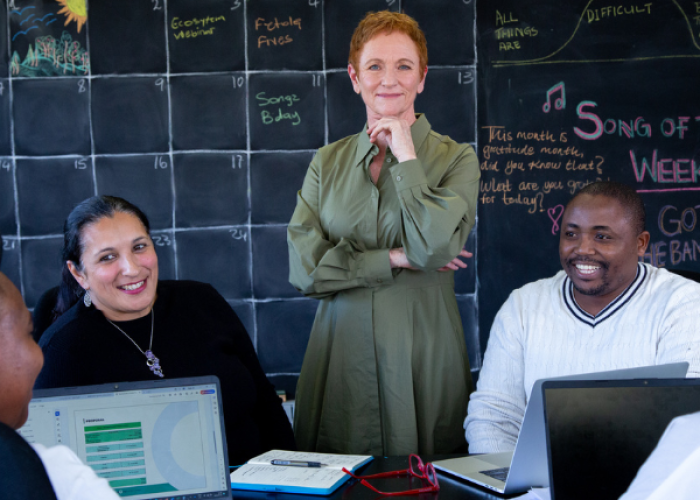
Building your power
“When we strengthen our self-respect, we claim our power and learn to speak up.“
This week’s thought isn’t for everyone. It touches on sensitive inner parts of our being…but for those with the courage to look under the bonnet, this can be a real gamechanger.
I was presented recently with an interesting opportunity to inspect my own ‘inner victim’ and its relationship with feelings of guilt & fear that hold me back.
This is the psychological pattern where we feel victimized, not by external harm, but by our own internal conflict: we feel guilty for asserting ourselves or fearful to speak up, and this traps us subconsciously in a passive victim stance. Unless recognised, these feelings of powerlessness and frustration can hold us back for a lifetime. Let me explain how the relationship between victimhood, guilt/fear, and self-respect plays out:
1. Guilt /fear as a Barrier to Assertion
When we feel guilty (or fearful) for speaking up, setting boundaries, or prioritizing our needs, due to upbringing, social conditioning, or internalized beliefs (e.g. “good girls don’t rock the boat”), we keep quiet and suppress our voice, needs, or opinions. This creates a sense of powerlessness or injustice. We feel a sense of victimhood as a result.
2. Victimhood as a Coping Identity
Although our guilt (or fear)-induced silence causes us frustration, resentment, or emotional pain, we may lack the tools or confidence to express it directly.
So instead of owning our power, we adopt a passive victim stance – not to manipulate, but because it feels like the only safe or permissible way to manage unmet needs or pain.
As a result, we use silence as an emotional self-protection tool.
3. Self-Respect as the Antidote
The path out of this loop is the path to power, which lies in building our self-respect, recognising the legitimacy of our own needs and voice, when we strengthen our sense of self-worth.
The feelings of guilt for speaking up diminish. Our subconscious need to adopt a victim identity dissolves, and we become able to assert ourselves with clarity and compassion, rather than aggression or withdrawal.
Self-respect gives us internal permission: “I have a right to exist fully. My voice matters. I have a right to express my discomfort or to set boundaries that work for me.”
In essence, when we feel guilty or fearful about expressing our true feelings or opinions, this leads to an often subconscious feeling of internalised victimhood. This victimhood is less about what others do, but all about how we disempower ourselves.
Self-respect is the bridge to regaining our power: it gives us moral permission to speak, act, and stand up for ourselves, to honour our position without feelings of guilt.
We all ‘play the victim’ consciously or subconsciously in some way and some areas of our lives. For example, when we expect others to feel sorry for us, or we feel jealous of others’ success. In business, this might be expressed in being afraid to ask for a good price for our products, or avoiding a difficult conversation with a staff member. Even the slightest move into disempowered victim-thinking can hold us back.

When we understand the link between victim, guilt/fear and self-respect, we can develop the tools to empower ourselves, move towards greater success, and transform the health of our personal and professional relationships.
Wishing you a powerful week ahead as you look into your own relationship with victim, guilt and self-respect. I would love to hear your feelings about this and the solutions you have developed to strengthen your inner self.







